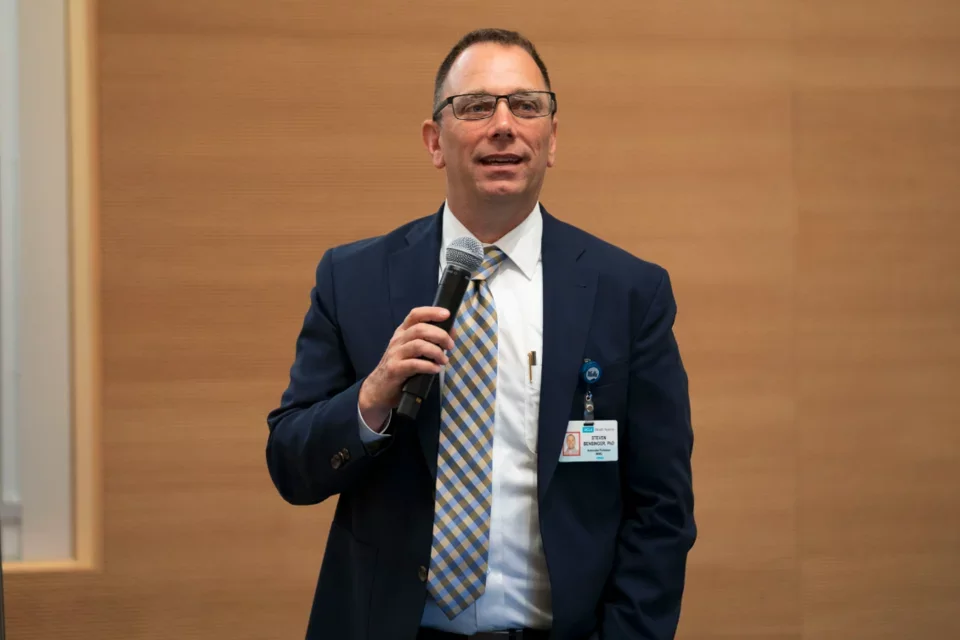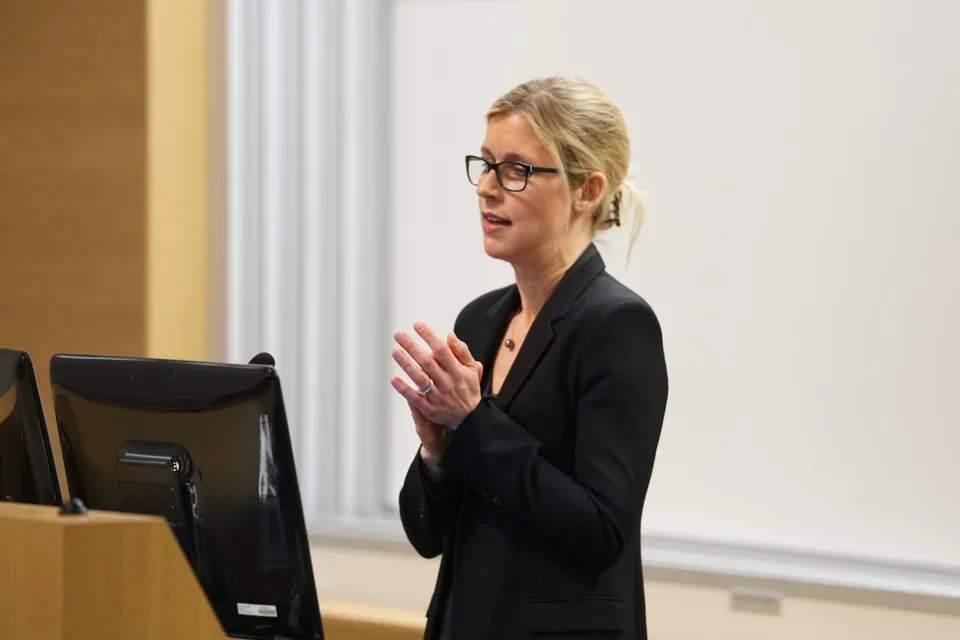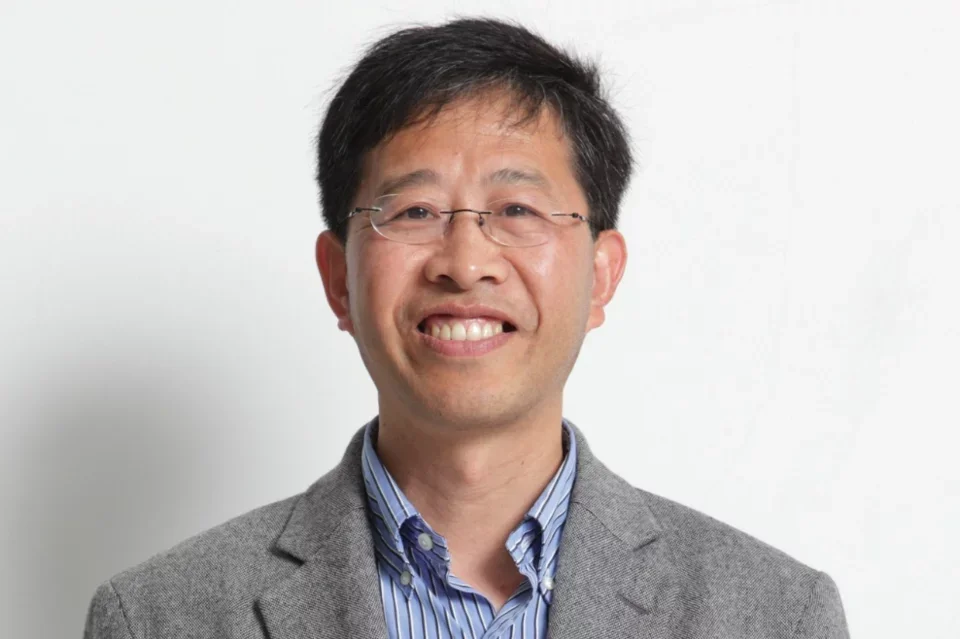Inflammation Research
Let's Promote Helpful Inflammation And Suppress Harmful Inflammation.
Healthy inflammation is essential to good health. The inflammation response protects against infection and cancer, and it promotes tissue healing. However, improperly regulated inflammation that is too vigorous, misdirected, or chronic can lead to disease.
The process of inflammation involves an intricate array of triggers, molecules, and cells. Although we learn surprising things about the biology of inflammation every day, its processes remain mysterious.
What if we could decode the complex processes of inflammation? Using advanced molecular and cell-based technology combined with big data analysis, we are learning more about how inflammation works. By finding the right balance of inflammation in each person, we could prevent diseases before they happen, treat them when they do, or cure them permanently.
UCLA Immunology, Inflammation, Infection, and Transplantation (I3T) faculty believe outcomes in a range of diseases can be improved by understanding and optimizing healthy inflammation.
Important Contributions
I3T scientists bring us closer to inflammatory homeostasis by elucidating inflammation’s activation cascade, relationship to metabolism, role in cancer, and more.

Steven Bensinger, VMD, PhD
Professor, Microbiology, Immunology, Molecular Genetics
Professor, Molecular & Medical Pharmacology
Dr. Steven Bensinger and his team made the unexpected finding that immune cells profoundly change their cellular metabolism during immune responses. Now his lab hopes to find out if targeting immune cells' metabolism presents a novel way to modulate immunity.

Christina Charles-Schoeman, MD
Associate Clinical Professor of Medicine, UCLA Division of Rheumatology, David Geffen School of Medicine at UCLA
Dr. Christina Charles-Schoeman changes the lives of rheumatoid arthritis patients by studying the mechanisms driving the disease and conducting clinical trials. She hopes to better understand the disease, develop new treatments, and maybe even find a cure.

Genhong Cheng, PhD
Professor, Microbiology, Immunology and Molecular Genetics at UCLA
Member, California NanoSystems Institute
Dr. Genhong Cheng believes we can learn how to heal patients by studying the undisputed experts of disease defense: immune system cells. He follows the independent processes of innate and adaptive immunity, and he also investigates how and why the two systems sometimes work together.